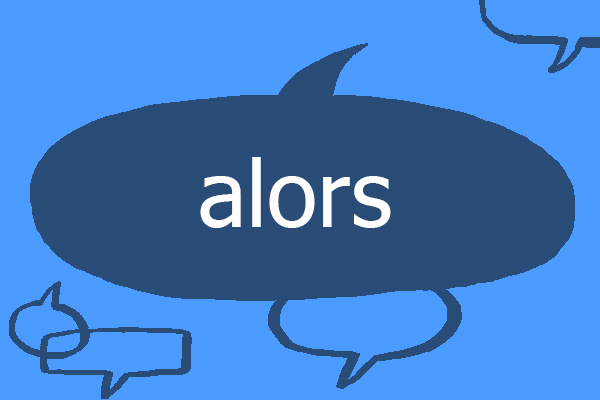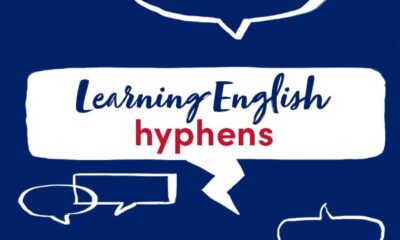Every week, we pick a common French word for our blog and explain the most important things you need to know about it. Today, we’re looking at the word alors, an adverb.
You can listen to the audio clip below to hear how to pronounce it:
function playAudio(url) { new Audio(url).play(); }If you need a quick reminder on what adverbs are all about, you might first want to read our Easy Learning French Grammar section on adverbs.
When you’re ready, let’s move on to translating the word alors into English. It can be a little tricky because this word has more than one meaning. Its most common translations are so, well, then (in terms of time) and while.
As this word appears so often in everyday French, it can help to learn some set phrases. Let’s take a look at some examples:
Et alors ? So?; Then what?; So what?
Et alors, qui est allé avec toi ? So, who went with you?
Alors, dis-moi ce qu’elle veut nous demander. Well then, just tell me what she wants to ask us.
Ça alors ! You don’t say!; Goodness me!
alors que… as; when; while; whereas…
Michel a allumé la télé alors que nous étions en train de parler. Michel turned on the TV while we were right in the middle of speaking.
Ma coloc doit travailler pendant la journée, alors que je travaille pendant la nuit. My flatmate has to work during the day, whereas I work at night.
Si vous acceptez ce contrat, alors vous pouvez partir demain. If you accept this contract, then you can leave tomorrow.
Non, on ne se connaissait pas. Elle habitait alors à Londres. No, we didn’t know each other. She was living in London at the time.
C’était une époque difficile, je me sentais alors très seul. It was a difficult period of my life, I felt very alone at the time.
It might feel hard at first to grasp the sense of alors, as it comes up so often in formal, informal, spoken and written French. When you hear alors in conversation, try equating it to situations in English where we might naturally use the word ‘so’. Alors might be preceded or followed up by another phrase, or it might be used by itself. It’s an expression that can:
- Reinforce a question or exclamation
- Engage someone in conversation
- Show impatience
- Be used as a filler word when someone isn’t sure what to say
It might take some getting used to, but listening to French conversations is a great way to understand the way it’s used naturally. Alors, what are you waiting for?
Written by Holly Tarbet, freelance copywriter and editor.
All opinions expressed on this blog are those of the individual writers, and do not necessarily reflect the opinions or policies of Collins, or its parent company, HarperCollins.



